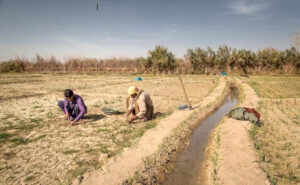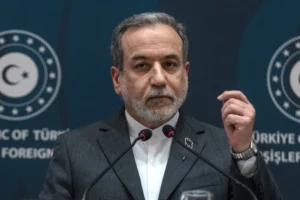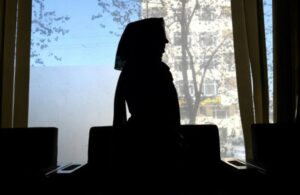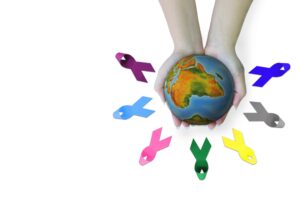KABUL (SW) – In Afghanistan, where social and legal challenges frequently hinder the progress of young people, three disabled girls have shown extraordinary resilience and determination.
Despite facing social, educational, employment, and legal challenges, these girls have never viewed their physical disabilities or gender as barriers to their success. They are driven by a strong will and a clear sense of purpose, believing that determination and hard work are key to overcoming obstacles and achieving their goals.
Maryam, despite being visually impaired, managed to complete a degree in Dari literature at a private university. She shares that she was initially unable to take the university entrance exam (Kankor) due to her disability.
Maryam, who has never seen the world around her, often imagines it to be beautiful. She further says: “Hope and purpose are the keys to overcoming any barrier. With the sound of my heart, I knew I could earn my degree. That’s why I never gave up.”
Maryam describes her efforts to secure permission to sit for the exam and the challenges she overcame. “The distance from home to school was very long. Sometimes I even had car accidents. There were many challenges along the way, but when I reached near home, I would call and a family member, either my sisters or brothers, would come and wait for me to bring me back home. I was told that there is no entrance exam for people with disabilities, but I tried very hard and took the order myself from the Ministry.”
Salima and Atefa, two sisters with congenital physical disabilities in their hands and feet, explain that due to limited educational opportunities for girls, they were unable to finish their schooling.
Salima shares that she had dreams of becoming an engineer, but recent political changes in the country made her abandon that dream. “My sister and I used to go to school by wheelchair and had to depend on someone (our cousins) to carry us. There were many days we couldn’t go to school because of the weather, and we missed our lessons.”
However, the two young sisters found alternative to continue their efforts; Currently, they teach the Holy Quran at a religious school and are educating about 30 students daily.
“My message to other disabled people is not to lose hope and to continue striving to reach a better place,” Salima said.
Atefa, 20, speaks about her determination to gain recognition in Afghan society and her dreams for the future. “I want to continue my education, and I also dream of opening a big school for girls.”
Meanwhile, Parwiz Ahmad Faizi, a spokesperson for the International Committee of the Red Cross in Kabul, told Salam Watandar that nearly 800 people with disabilities work at the organization, who contribute to its works just as successfully as their non-disabled colleagues.
“Currently, 743 of the 858 employees have disabilities, making up 87% of the workforce. These colleagues help achieve the organization’s objectives and provide regular financial support for their families,” he added.
The Ministry of Martyrs and Disabled Affairs of the Islamic Emirate de-facto government tells Salam Watandar that they have registered around 650,000 disabled individuals, orphans, and widows across Afghanistan. Each disabled individual is entitled to a monthly allowance of about 15,000 to 20,000 afghanis.
Faisal Khamosh, the ministry spokesperson, states: “They include disabled mujahidin, civilians, and military personnel who worked in republican regime. All of them are registered, and they receive a monthly allowance based on their disability.”






